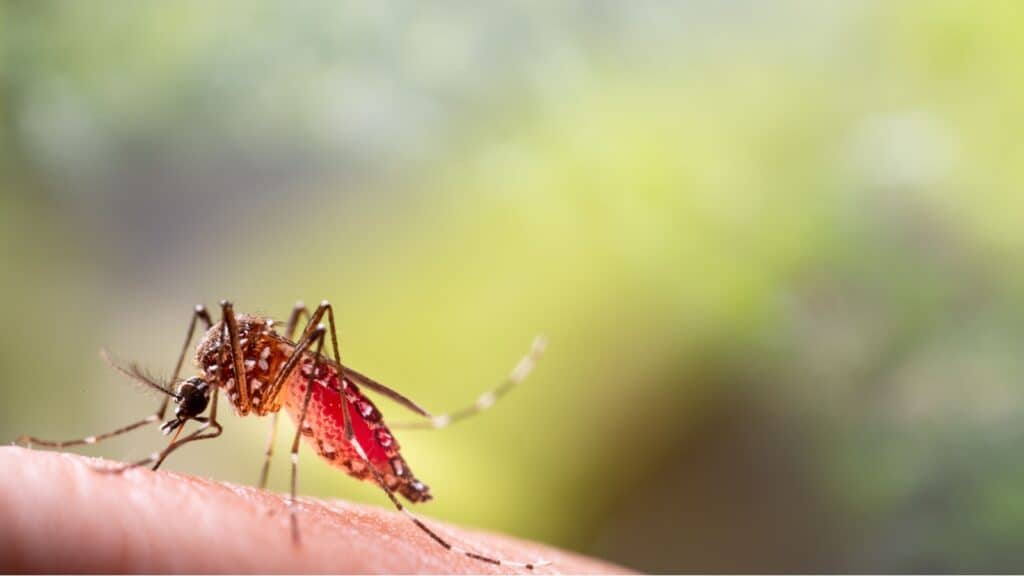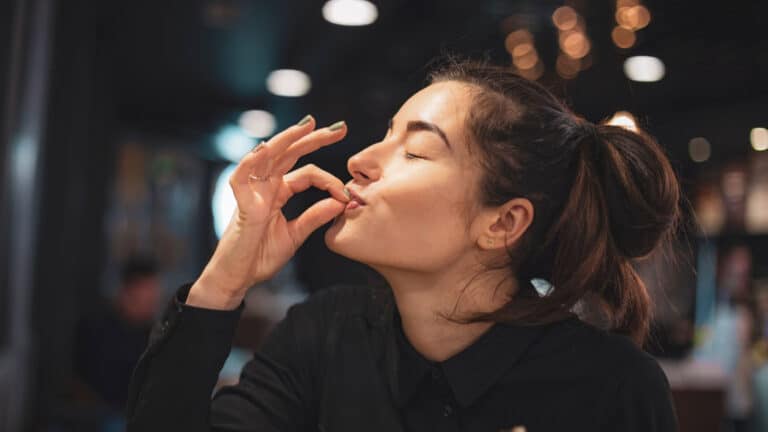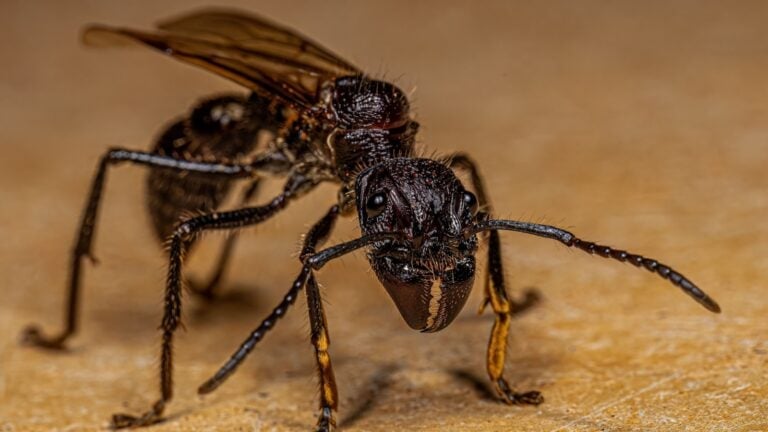Why Do Mosquitos Seem To Like Me So Much, and What Can I Do About It?
Have you ever wondered why mosquitoes seem to prefer biting some people over others? Understanding the reasons behind this can help in mitigating their impact. Mosquitoes are attracted to certain individuals due to factors like body odor, carbon dioxide, and body heat. These pests are not just annoying; they can also carry dangerous diseases such as malaria, dengue fever, and Zika virus. In this article, we explore why mosquitoes are drawn to specific people, the health risks they pose, and effective strategies to protect yourself from their bites.
Mosquito-borne diseases are a significant public health concern in the United States. Several diseases are currently active in the country, including:
West Nile Virus (WNV)

WNV is the most common mosquito-borne disease in the United States. It is primarily spread by the Culex mosquito species and can cause severe illness, including encephalitis and meningitis. In 2022, there were 1,035 human cases and 79 deaths reported in the U.S.
Dengue Fever

Dengue fever is a tropical disease that has been increasing in the Americas. In 2024, there were over 9.7 million reported cases in the Americas, with a significant number of cases reported in the United States, particularly in Puerto Rico.
Eastern Equine Encephalitis (EEE)

EEE is a rare but serious disease that can cause severe neurological symptoms. It is primarily spread by the Culiseta melanura mosquito species. In 2024, positive findings of EEE virus were reported in Rhode Island and Massachusetts.
Jamestown Canyon Virus (JCV)

JCV is a mosquito-borne pathogen that can cause fever, headache, and fatigue. It is primarily spread by mosquitoes that feed on deer and other animals. In 2024, JCV was detected in mosquito samples in Michigan and Rhode Island.
La Crosse Encephalitis (LAC)

LAC is a viral disease that can cause severe neurological symptoms. It is primarily spread by the Aedes triseriatus mosquito species. Cases of LAC have been reported in Minnesota and other states.
St. Louis Encephalitis (SLE)

SLE is a viral disease that can cause severe neurological symptoms. It is primarily spread by the Culex mosquito species. Cases of SLE have been reported in Florida and other states.
Chikungunya

Chikungunya is a viral disease that can cause fever, joint pain, and swelling. It is primarily spread by the Aedes aegypti and Aedes albopictus mosquito species. Cases of chikungunya have been reported in the United States, particularly in Florida and other southern states.
Zika Virus

Zika virus is a viral disease that can cause fever, rash, and birth defects. It is primarily spread by the Aedes aegypti and Aedes albopictus mosquito species. Cases of Zika virus have been reported in the United States, particularly in Florida and other southern states.
Proactive Measures

To protect yourself from these diseases, it is essential to take preventive measures such as:
- Using EPA-registered insect repellents
- Wearing protective clothing and applying repellents to exposed skin
- Avoiding peak mosquito hours
- Eliminating standing water around homes to prevent mosquito breeding
- Installing window and door screens to prevent mosquito entry
It is also crucial to stay informed about local mosquito-borne disease activity and follow public health guidelines to minimize the risk of infection.
But Why Are Mosquitos Attracted to Some People More?

Mosquitoes are attracted to certain individuals more than others due to a combination of factors, including genetic predisposition, body odor, carbon dioxide emission, skin bacteria, and other physical and chemical cues. Here are some reasons why you might be more prone to mosquito bites:
Genetics

Research suggests that genetics play a significant role in mosquito attraction. Some people are naturally more attractive to mosquitoes due to their genetic makeup, which influences their body odor and other factors that attract mosquitoes.
Body Odor

Mosquitoes are drawn to specific compounds in human sweat and body odor. These compounds, such as lactic acid, urea, and carboxylic acids, are produced by bacteria on the skin and can vary from person to person. People with higher levels of these compounds are more attractive to mosquitoes.
Carbon Dioxide

Mosquitoes can detect carbon dioxide, which humans exhale. People who emit more carbon dioxide, such as those who are larger, pregnant, or exercising, are more likely to attract mosquitoes.
Skin Bacteria

The types and diversity of bacteria on the skin can influence mosquito attraction. Some bacteria produce compounds that are more attractive to mosquitoes, while others may repel them.
Blood Type

Some studies suggest that mosquitoes prefer certain blood types, such as Type O, over others.
Clothing and Heat

Dark colors, especially black, can make you more visible to mosquitoes. Additionally, heat and moisture can attract mosquitoes, so wearing light-colored, loose-fitting clothing and staying cool can help reduce bites.
Pregnancy

Pregnant women tend to emit more carbon dioxide and have a higher body temperature, making them more attractive to mosquitoes.
Beer Consumption

Drinking beer can increase your attractiveness to mosquitoes, possibly due to changes in body temperature and sweat composition.
Take Precautions!

To minimize mosquito bites, use insect repellents, wear protective clothing, and avoid areas with high mosquito activity. Understanding these factors can help you take steps to reduce your attractiveness to mosquitoes and lower your risk of mosquito-borne diseases.
How To Maximize Effectiveness of Repellents

To maximize the effectiveness of mosquito repellents, it is essential to:
Choose a repellent with an EPA-registered active ingredient like DEET, picaridin, or oil of lemon eucalyptus.
- Follow the product’s instructions for application and reapplication.
- Apply repellents to exposed skin and clothing, avoiding areas like the eyes, mouth, and irritated skin.
- Use permethrin-treated clothing and gear for added protection.
- Combine repellent use with other methods like wearing protective clothing and avoiding peak mosquito hours.
By understanding these factors and using repellents correctly, individuals can minimize their attractiveness to mosquitoes and reduce the risk of mosquito-borne diseases.
Is There A Link Between Being A ‘Good Girl’ And Autoimmune Disease In Women?

Women Rising®, an 11x award-winning women’s empowerment and media company founded by autoimmune-diagnosed, 15x award-winning documentary filmmaker, Sara Hirsh Bordo, recently released findings from Autoimmunity and the “Good Girls” ™ the first-ever sociological survey exploring the intersection between empowerment and autoimmunity in American women. READ: Is There A Link Between Being A ‘Good Girl’ And Autoimmune Disease In Women?
Science Tells Us What To Expect As We Age: Strategies For Thriving In Later Life

that pertain to us all. Aging gradually alters people over decades, a long period shaped by individuals’ economic and social circumstances, their behaviors, their neighborhoods, and other factors. Also, while people experience common physiological issues in later life, they don’t follow a well-charted, developmentally predetermined path. Let’s take a look at what science has told us to expect. READ: Science Tells Us What To Expect As We Age: Strategies For Thriving In Later Life
Join Us

Join us on this empowering journey as we explore, celebrate, and elevate “her story.” The Queen Zone is not just a platform; it’s a community where women from all walks of life can come together, share their experiences, and inspire one another. Welcome to a space where the female experience takes center stage. Sign up for our newsletter so you don’t miss a thing, Queen!







